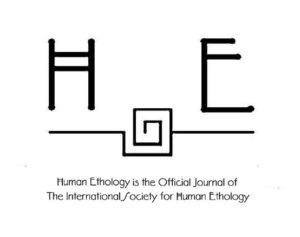Commentary
Human Ethology, Volume 35, 137-156, published December 14, 2020
DOI: https://doi.org/10.22330/he/35/137-156
ABSTRACT
This paper started out as a review of Michael Billig’s book, More Examples, Less Theory, but soon the interest of the ideas in this book made it clear that it would be an ideal stimulus for a discussion about the similarities and differences between human ethology and psychology and between the “examples” psychology Billig advocates and the current mainstream social psychology.
Billig describes the thinking and circumstances of a number of students of human behaviour, starting with Locke, moving though many including little known figures and also James, Freud, Lewin and lastly Jahoda whom he sees as the best exemplar of the approach he is advocating. This approach uses vivid examples not only to communicate better to readers, but also as a way of developing a better study of people in all their complexity. The top down theory driven approach of mainstream social psychology is criticised because it does not start with getting information about people (so what is it about?), and in its experimental, group comparison, methodology with dodgy “measures”, it loses much information and often comes to misleading and unhelpful conclusions. Its replicability is amongst the worst in science. The examples driven psychology is close to ethology in its insistence in looking at people in their natural habitat and getting information in great detail and in an open minded way. It differs from ethology in the types of categories it works with. Whilst ethology takes an onlooker approach and develops its behaviour categories out of direct observation, examples psychology uses ordinary language and deliberately embraces the subjective viewpoints of its subjects. Both are coherent exercises, unlike mainstream social psychology, but two different stories are being told. The story from examples psychology places it within the same category as the Arts and everyday discussions of human behaviour embracing their agency and subjectivity. Ethology by contrast is a science, using only the onlooker stance, like all sciences. It is important to stress that the two stories can and should talk to each other to their mutual benefit as long as the different epistemological status of each is understood.
ISSN: 2224-4476

